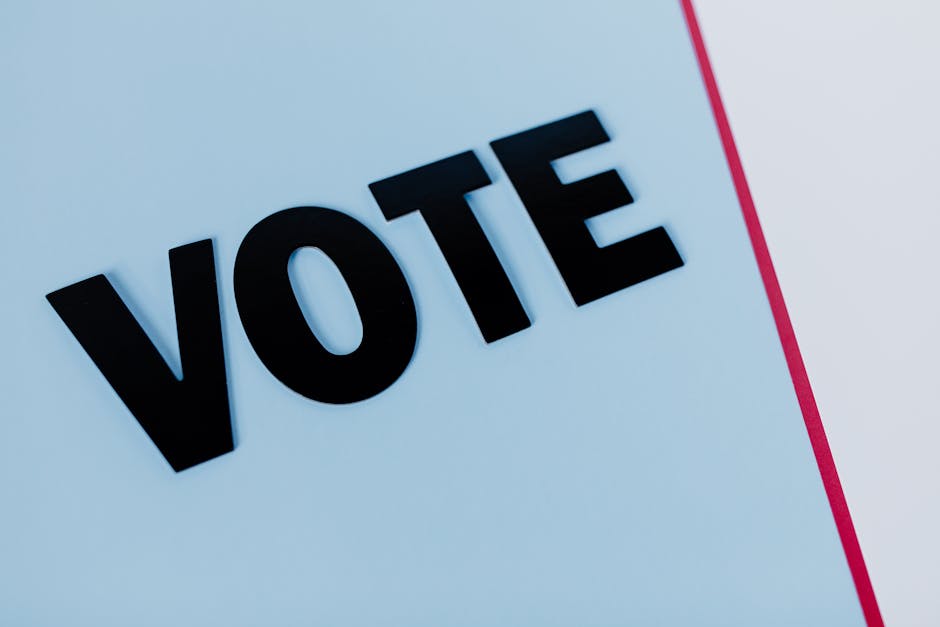A foundational aspect lies in differing conceptions of human nature. Some ideologies, like libertarianism, posit individuals as inherently rational and self-interested actors, best served by minimal government intervention. Conversely, ideologies rooted in collectivism, such as socialism and communism, view humans as fundamentally social beings whose well-being is inextricably linked to collective action and societal structures. These contrasting views of human nature dictate preferred approaches to governance, economic organization, and social policy. A belief in inherent selfishness might lead to support for free-market capitalism and limited social safety nets, while a belief in inherent sociality might fuel support for expansive welfare programs and state-controlled economies.
Beyond human nature, variations in perceptions of societal structure and power dynamics play a crucial role. Conservatism, for instance, often emphasizes the importance of tradition, stability, and established hierarchies. It prioritizes maintaining the existing social order, with a focus on preserving established institutions and norms. Conversely, liberalism champions individual rights, equality, and social progress, often advocating for reforms and challenging existing power structures. These contrasting viewpoints stem from diverse interpretations of history, social evolution, and the role of institutions in society. Conservatives may view societal change as inherently disruptive and potentially harmful, whereas liberals might see it as necessary for progress and the amelioration of societal injustices.
Economic systems also significantly influence ideological divergence. Capitalism, emphasizing private ownership, free markets, and profit maximization, attracts adherents who believe it fosters innovation, efficiency, and individual prosperity. However, critics argue that capitalism exacerbates inequality, leading to exploitation and social unrest. Socialist and communist ideologies, in contrast, advocate for collective ownership of the means of production, aiming to reduce inequality and promote social justice. These contrasting economic philosophies are fundamentally intertwined with differing perceptions of economic justice, individual liberty, and the role of the state in regulating economic activity. The debate often centers on the balance between individual freedom and social equality, a fundamental axis upon which many ideological divisions hinge.
The impact of personal experiences and social environments on ideological formation is undeniable. Individuals raised in environments marked by economic hardship might develop a stronger affinity for ideologies promising greater economic security and social safety nets. Conversely, those who have prospered within existing systems might be more inclined towards ideologies that prioritize individual liberty and minimal government intervention. Cultural background, religious beliefs, and exposure to diverse perspectives also shape individual worldviews. These factors contribute to the heterogeneity of political thought, producing a complex interplay of influences that shape political preferences.
Furthermore, the influence of political socialization, the process through which individuals acquire their political beliefs and values, cannot be understated. Families, educational institutions, peer groups, and media all play a significant role in transmitting political ideologies across generations and shaping individual political identities. Exposure to particular narratives, values, and political frameworks during formative years can have a profound and lasting impact on an individual’s political orientation. This process is not always rational or objective; it is often influenced by emotional factors, group identity, and the desire for social belonging.
The role of elite manipulation and propaganda in shaping public opinion is another critical factor driving ideological divergence. Political elites, through controlled media outlets, targeted advertising, and strategic communication, attempt to shape public perception and garner support for their preferred policies. This influence can be particularly pronounced in societies with limited media diversity or weak democratic institutions. The propagation of specific narratives, the framing of political issues, and the selective dissemination of information can all contribute to the polarization of public opinion and the deepening of ideological divisions. Understanding these manipulative strategies is crucial to comprehending the complexity of the political landscape.
In conclusion, the significant divergence in political ideologies is not attributable to a single cause but rather to a complex interplay of factors. Differing conceptions of human nature, perceptions of social structure, economic philosophies, personal experiences, social environments, political socialization, and elite manipulation all contribute to the creation and perpetuation of diverse ideological viewpoints. Recognizing the multifaceted nature of this phenomenon is essential to fostering a more nuanced and productive dialogue across the political spectrum. A deeper understanding of these fundamental drivers is crucial for promoting tolerance, encouraging informed civic participation, and navigating the challenges of an increasingly polarized world.
